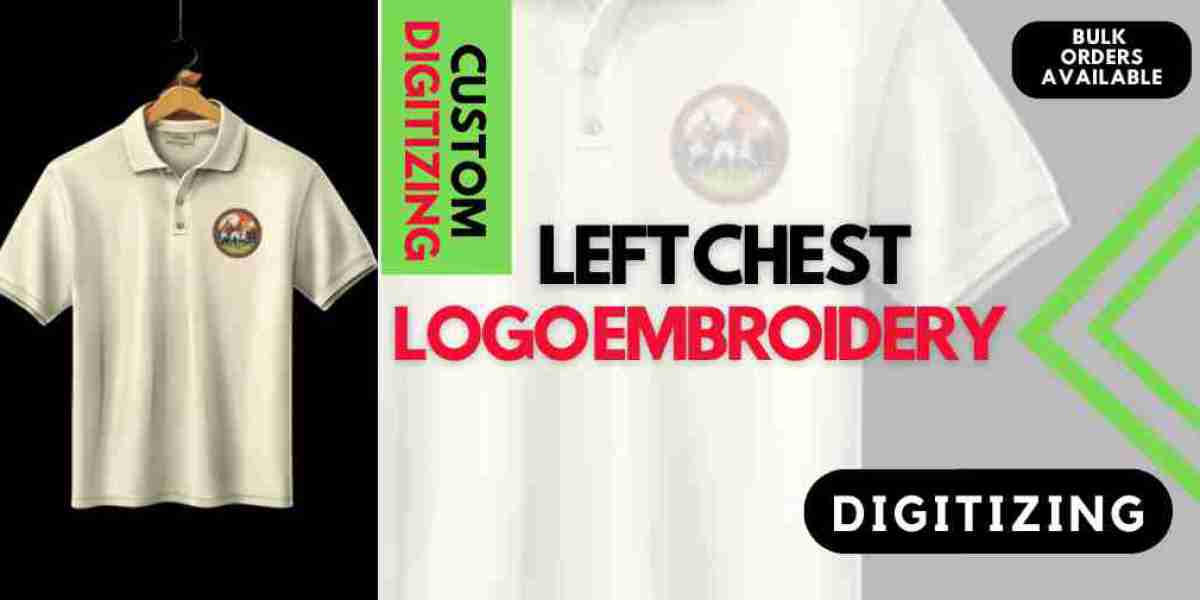In today’s world, nutrition has become an essential factor in maintaining overall well-being and preventing various health issues.
Whether you are seeking to lose weight, manage a chronic condition, or simply improve your lifestyle, a nutrition expert consultant can provide valuable guidance tailored to your specific needs.
However, with a plethora of consultants available, selecting the right professional can be daunting.
1. Credentials and Qualifications
One of the most important factors when choosing a nutrition consultant is verifying their qualifications. A credible consultant should have formal education in nutrition science or dietetics. Look for professionals who hold a degree in nutrition, dietetics, or related fields from an accredited institution.
Additionally, certifications from recognized organizations, such as the Academy of Nutrition and Dietetics, the International Society of Sports Nutrition (ISSN), or local boards in your country, add credibility to their expertise.
In some countries, such as the U.S., a registered dietitian (RD) or registered dietitian nutritionist (RDN) is a protected title, which ensures that the consultant meets specific educational and practical experience requirements.
Similarly, in countries like Australia, accredited practicing dietitians (APD) must also adhere to strict professional guidelines.
Ensure that the consultant’s qualifications are verified and relevant to your needs, whether they specialize in weight management, sports nutrition, or managing diseases like diabetes.
2. Experience and Specialization
While education provides the foundation, practical experience differentiates a good consultant from an excellent one. A nutrition expert with several years of hands-on experience dealing with clients or patients will better understand individual needs and challenges.
Specialization is equally important. If you are an athlete seeking performance nutrition, you’ll benefit from a consultant who specializes in sports nutrition. On the other hand, someone looking to manage their weight after a specific medical diagnosis may require a professional with expertise in medical nutrition therapy (MNT).
Ask about their past clients and how they’ve helped individuals with goals or challenges similar to yours. Understanding their focus can give your insight into how effective their guidance might be for your unique needs.
3. Personalized Approach to Nutrition
Nutrition is not a one-size-fits-all solution. A good nutrition expert should take a personalized approach, considering your unique goals, lifestyle, dietary preferences, and even genetic factors.
They should assess your current health status through questionnaires, health history, blood tests, or other forms of evaluation to tailor their advice.
Be wary of consultants who recommend generic plans without an initial assessment or who suggest drastic measures, such as extreme calorie restriction or rigid diets.
A knowledgeable consultant will promote balance and sustainability, ensuring that any changes fit within your daily life without compromising your physical and mental health.
4. Communication Skills and Support
Choosing a consultant who communicates effectively is vital to your success.
Nutrition experts need to not only explain complex concepts in easy-to-understand terms but also listen attentively to your needs, preferences, and concerns. They should be empathetic, motivating, and approachable.
Moreover, ongoing support and accountability are key components of effective nutrition consulting.
Ask about the frequency of check-ins or follow-up sessions, whether they offer virtual support, and how you will measure progress.
Some consultants might provide continuous guidance through apps or regular consultations to help you stay on track. Knowing the level of support, you can expect will allow you to manage your expectations.
5. Client Testimonials and Reviews
Before making your decision, it’s a good idea to explore client testimonials and reviews.
These provide insight into others' experiences and the success stories achieved through the consultant’s guidance. Reviews can highlight strengths and weaknesses, help you assess whether the expert is a good fit, and uncover potential red flags.
You can ask the consultant directly for references or look for reviews on social media, their website, or trusted third-party platforms.
Remember that while reviews are helpful, personal consultations can provide deeper insights into whether the consultant’s approach aligns with your values and goals.
6. Transparency in Services and Fees
Understanding the scope of services offered by the consultant is crucial. Are their services limited to dietary planning, or do they also provide lifestyle advice, fitness recommendations, or mental health support?
A transparent consultant will clearly outline their approach and the services they provide upfront, helping you gauge whether their offering aligns with your needs.
Additionally, cost plays a critical role. Nutrition consultants’ fees can vary widely depending on their expertise, location, and services offered.
Some charge per session, while others offer packages. It’s important to get a clear understanding of their pricing structure, including any additional costs that may arise, such as for lab tests or supplements. Make sure the value of the services aligns with your budget.
7. Ethical Practice and Evidence-Based Recommendations
Nutrition experts should base their recommendations on scientific evidence rather than fad diets or unproven methods. They should remain up-to-date with the latest research and nutritional guidelines and be able to explain the reasoning behind their advice. This ensures you receive credible information rather than recommendations that may be potentially harmful or ineffective.
Furthermore, ethical practice is paramount. A reliable nutrition consultant will not promote supplements or products unnecessarily or be driven by financial incentives from specific brands. They will prioritize your health and well-being over any commercial interests.
8. Cultural and Dietary Sensitivity
If you follow specific dietary practices based on cultural, religious, or ethical reasons—such as veganism, halal, kosher, or gluten-free diets—it’s important to find a nutrition expert who respects and understands these needs.
A culturally sensitive consultant will tailor their recommendations to accommodate these preferences while still ensuring that you meet your nutritional requirements.
Conclusion
Selecting the right nutrition expert consultant can be the key to achieving your health and wellness goals. By considering factors such as qualifications, experience, personalization, communication, and ethical practices, you can ensure you are working with someone who will guide you effectively and sustainably.
Take your time, do thorough research, and choose a consultant who aligns with your values and health objectives. Your nutrition journey is personal, and the right expert can make all the difference.













